DB Tutor - Database Learning Assistant
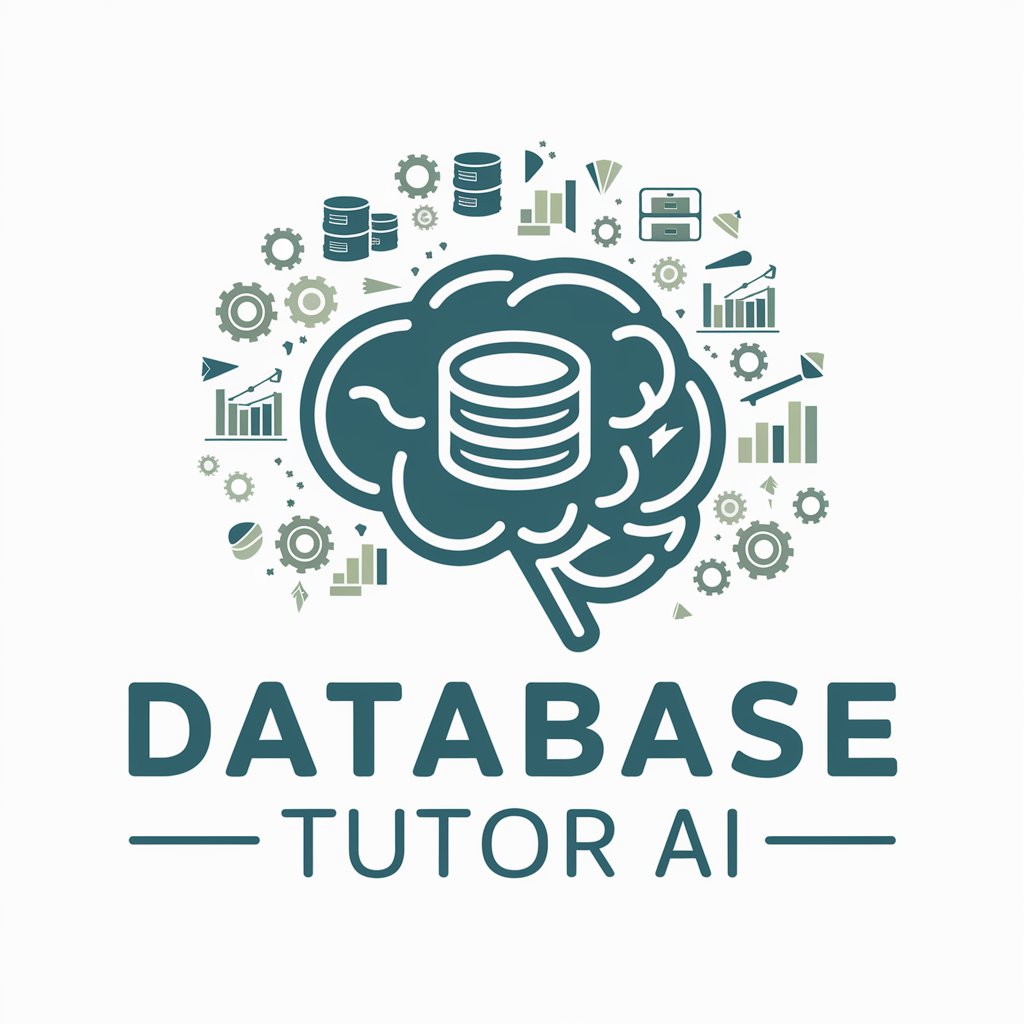
Welcome! How can I assist you with your database needs today?
Empowering database learning with AI
Explain the concept of normalization in database design and why it is important.
How can I optimize SQL queries for better performance?
What are the best practices for designing a relational database schema?
Can you provide a step-by-step guide on creating an ER diagram?
Get Embed Code
Overview of DB Tutor
DB Tutor is designed as an educational and support tool for anyone interested in the field of databases. Its primary aim is to provide expertise and assistance across all aspects of databases, including database design, SQL queries, data modeling, database management systems, and performance optimization. By leveraging capabilities in Python, DALL-E, and browser tools, DB Tutor helps users grasp complex database concepts, solve specific database-related problems, or learn new database technologies. Through detailed explanations, personalized teaching styles, and practical examples, DB Tutor adapts to the user's level of understanding, from beginners to advanced professionals in the database domain. An example scenario could be a user struggling to optimize a SQL query for better performance; DB Tutor would offer step-by-step guidance, including indexing strategies and query rewriting, to enhance the query's efficiency. Powered by ChatGPT-4o。

Key Functions and Use Cases of DB Tutor
Database Design Assistance
Example
Guiding through the normalization process to ensure the database avoids redundancy and improves data integrity.
Scenario
A student working on a database project for their coursework seeks advice on structuring their database to support efficient data retrieval and storage.
SQL Query Optimization
Example
Providing advice on index creation, query restructuring, and the use of specific SQL functions to improve performance.
Scenario
A database administrator noticing slow query responses seeks help in optimizing their SQL queries to enhance application performance.
Data Modeling Education
Example
Explaining concepts of ER diagrams, relationship cardinality, and how to translate business requirements into a database schema.
Scenario
A software developer designing a new application's database needs to understand how to model relationships between data entities accurately.
Exploring New Database Technologies
Example
Introducing users to NoSQL databases, their use cases, and how they differ from traditional relational database management systems.
Scenario
An IT professional exploring modern database solutions for their company's big data needs.
Performance Optimization Strategies
Example
Discussing strategies like database sharding, caching mechanisms, and query performance tuning.
Scenario
A tech company facing scalability issues with their current database setup seeks ways to optimize their database architecture for high availability and performance.
Target User Groups for DB Tutor
Database Students and Educators
Students learning about databases and educators teaching database courses will find DB Tutor invaluable for understanding and explaining complex concepts, preparing for exams, and completing projects.
Database Professionals
Database administrators, developers, and architects can leverage DB Tutor for solving real-world problems, learning optimization techniques, and staying updated with the latest trends and technologies in the database field.
IT Decision Makers
Managers and executives responsible for IT strategy and infrastructure decisions can use DB Tutor to explore and understand different database technologies and architectures, aiding in making informed decisions for their organizations.
Hobbyists and Self-Learners
Individuals with a keen interest in databases, looking to self-educate or undertake personal projects, will find DB Tutor's personalized guidance and practical examples particularly beneficial for their learning journey.

How to Use DB Tutor
Initiate a Session
Start by visiting a designated platform offering DB Tutor for an introductory experience without the need for registration or a ChatGPT Plus subscription.
Define Your Query
Clearly articulate your database-related question or topic of interest, whether it involves SQL queries, database design, or performance optimization.
Interact Intelligently
Engage with DB Tutor by asking specific questions or requesting explanations on complex topics for personalized guidance.
Utilize Examples
For practical understanding, request examples or case studies related to your query to see real-world applications of database concepts.
Review and Apply
Carefully review the provided information and examples, and apply the learned concepts to your database projects or studies for optimal learning.
Try other advanced and practical GPTs
Dubai Market Analyst GPT
Unlocking Dubai's Real Estate Potential with AI

MJ v6 story teller
Unleash creativity with AI-driven storytelling

Stock Predictions
Empower Your Investments with AI

Antitrust Advisor
Decoding Antitrust with AI Expertise

Podcasting Assistant
Empowering Your Podcast Journey with AI

Tarot Reader
Unveiling Insights with AI-Driven Tarot

Preparador OAB 2ª Fase - Direito Administrativo
AI-Powered Legal Exam Mastery
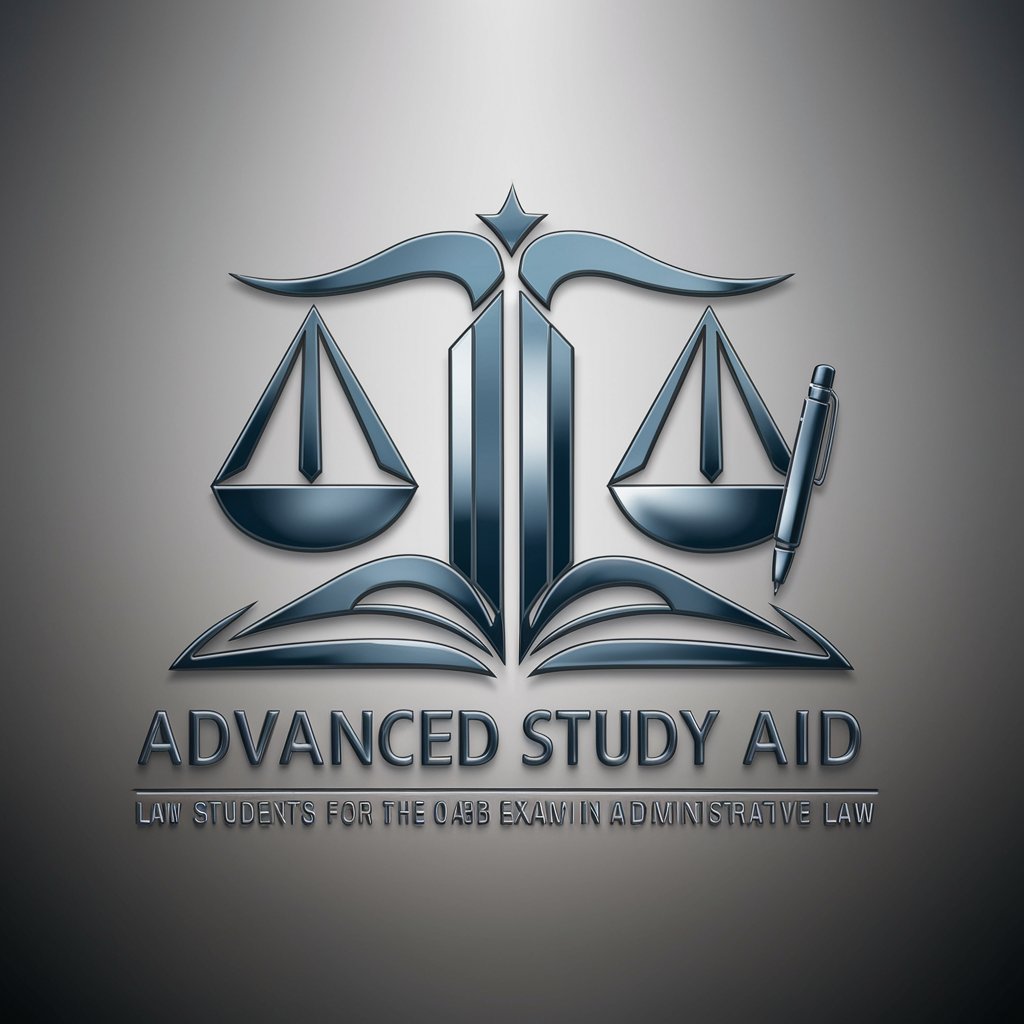
rspack文档助手
Streamlining Documentation with AI
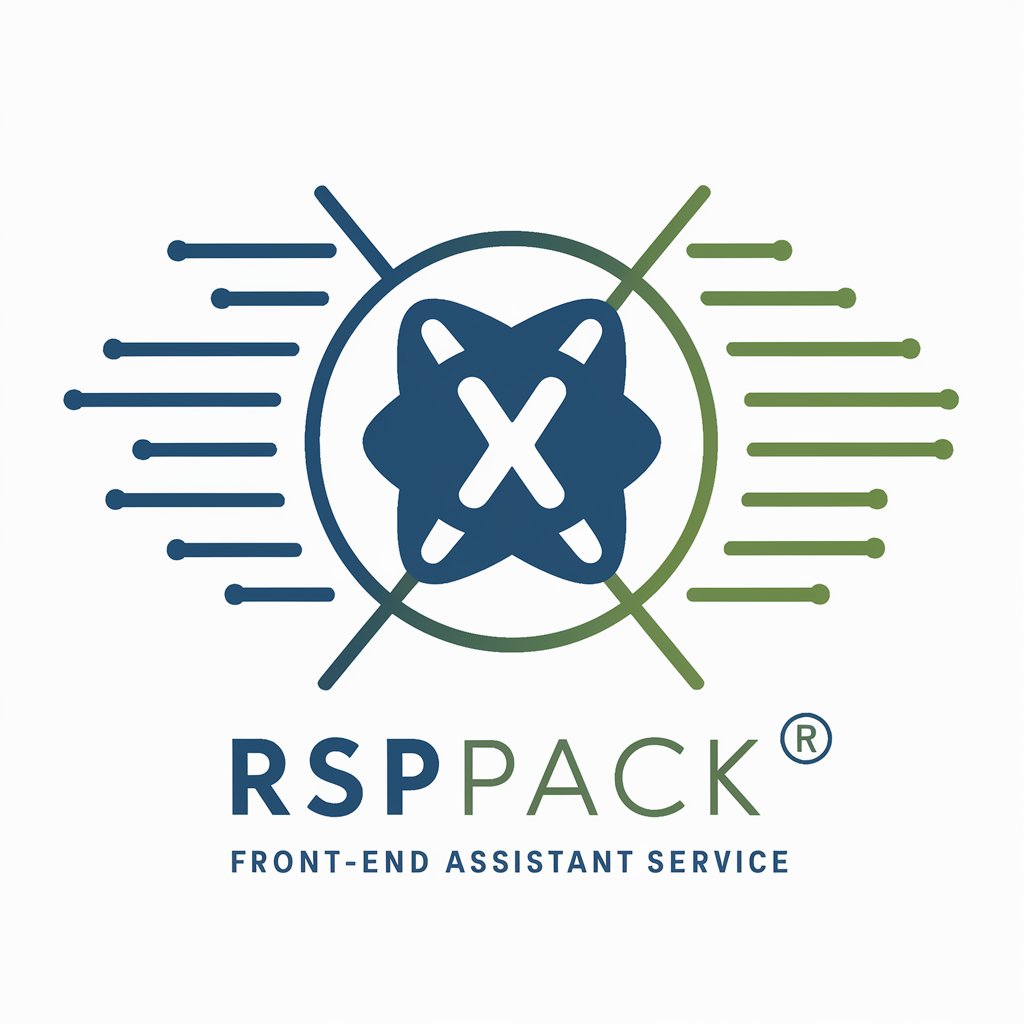
Word Wise
Elevate your language with AI-powered precision

🎨Art 🤖Generator 🦾Battle
Turn imagination into art with AI
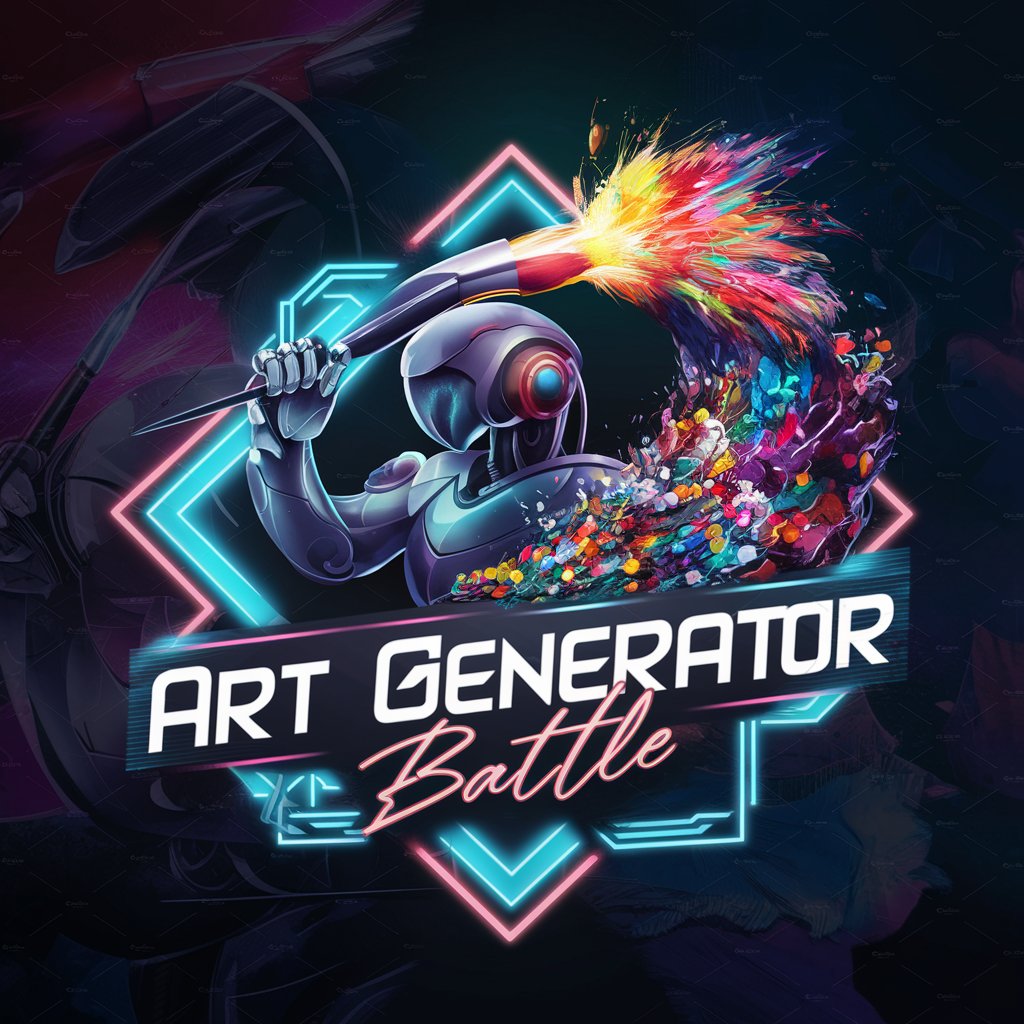
AI Career Guide
Empowering Your AI Career Journey
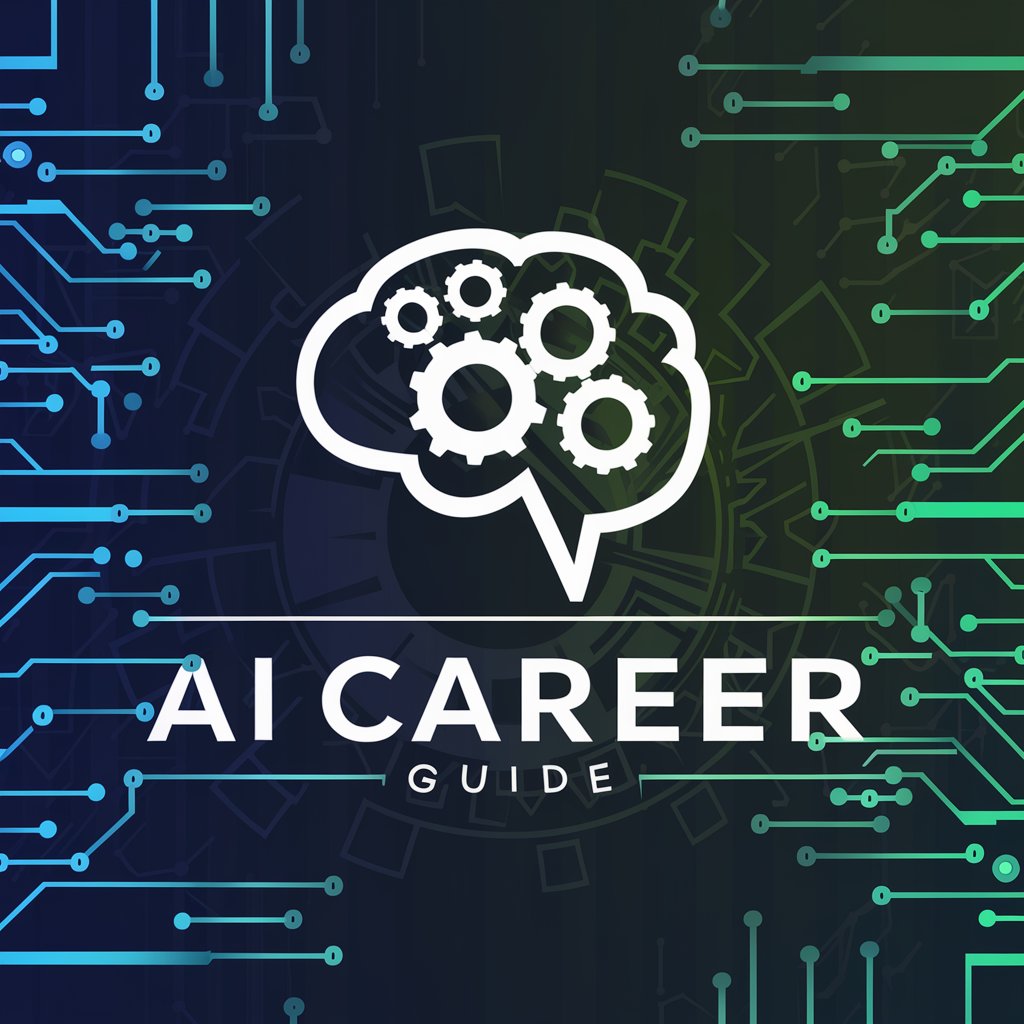
"There is AI in Team"
Empowering Teams with AI

Frequently Asked Questions about DB Tutor
What is DB Tutor?
DB Tutor is an AI-powered tool designed to offer expert knowledge and support in all areas of databases, including design, SQL queries, data modeling, and optimization.
How can DB Tutor help beginners?
DB Tutor guides beginners through the basics of database concepts, providing step-by-step instructions, simple explanations, and basic examples to build foundational knowledge.
Can DB Tutor assist with advanced database problems?
Yes, DB Tutor can help solve complex database issues, offering advanced SQL query optimization tips, intricate data modeling advice, and performance enhancement strategies.
Is DB Tutor suitable for academic use?
Absolutely, DB Tutor is an excellent resource for students and educators, facilitating the understanding of database theories, assisting with homework, and preparing for exams.
How does DB Tutor stay updated on the latest database technologies?
DB Tutor continuously integrates the latest developments in database technologies and practices to provide up-to-date information, ensuring users have access to current industry standards.
